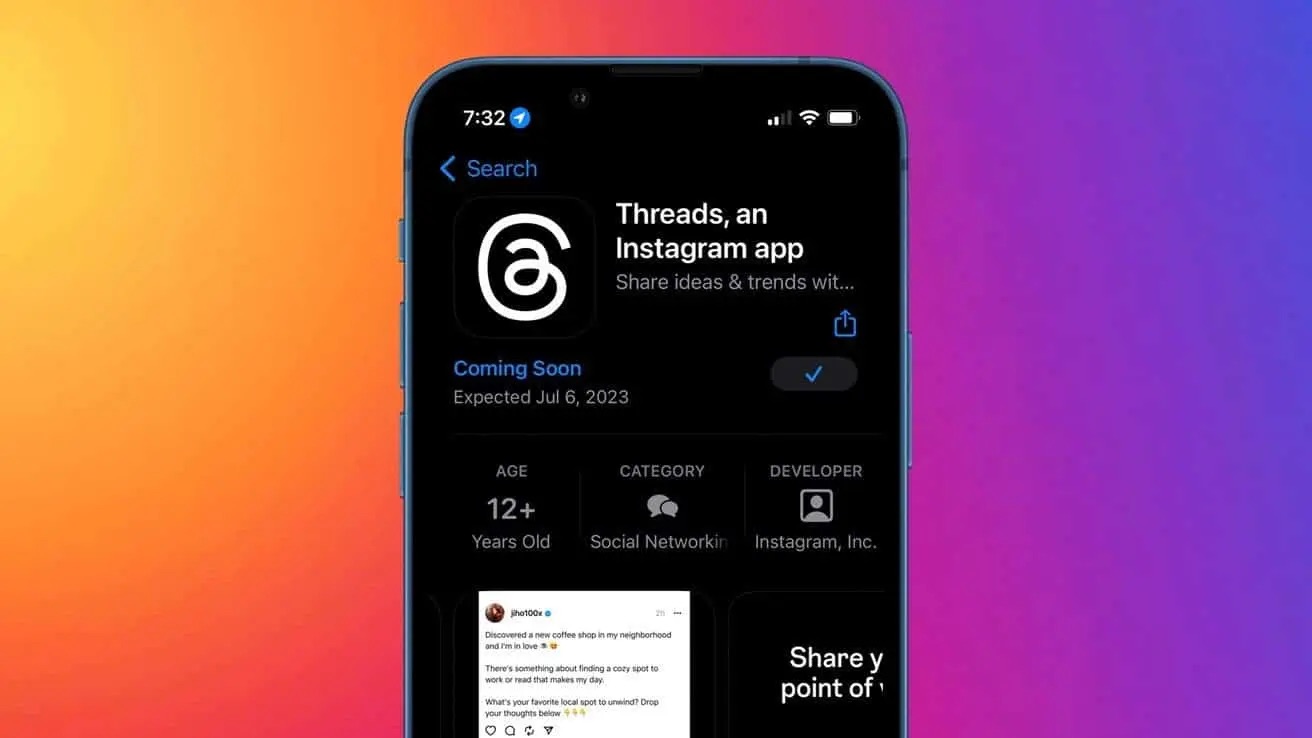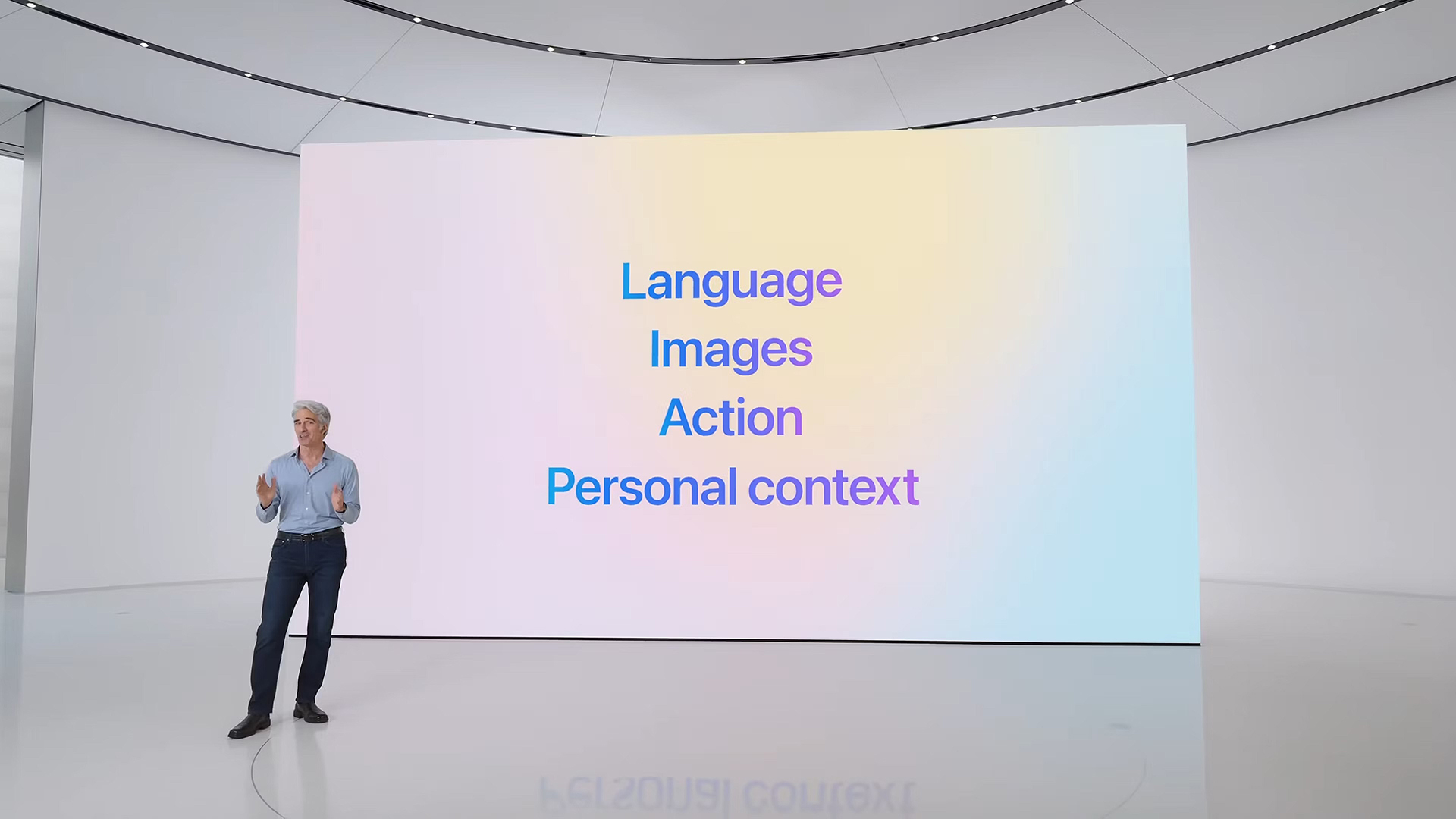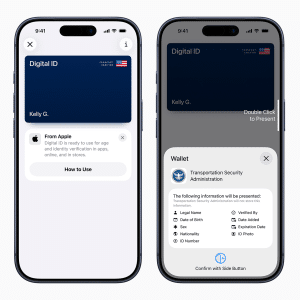A Wall Street Journal report has disclosed that Apple and Meta had engaged in discussions about a potential collaboration regarding AI features. Meta aimed to bring its AI chatbot to iOS 18, but Apple has reportedly turned down this partnership.
Bloomberg sources indicate that Apple rejected the proposal months ago, after initial talks coincided with Apple’s exploration of partnerships with OpenAI and Google. The decision was influenced by Apple’s stance on Meta’s privacy policies. The report states, “Apple has no active plans to integrate Llama,” referencing Meta’s AI.
During the Worldwide Developers Conference (WWDC) 2024, Apple unveiled a partnership with OpenAI to incorporate ChatGPT into Siri and Apple Intelligence on iOS 18.
When Apple’s AI cannot answer a query, users can opt to have ChatGPT respond. Apple plans to include more AI platforms in the future, offering users various options.
Apple’s preference for OpenAI is based on its belief in ChatGPT as the leading AI chatbot. Nonetheless, a potential collaboration with Google remains on the horizon.
Apple Intelligence will launch with iOS 18, iPadOS 18, and macOS Sequoia updates later this year. Initially, it will be available in US English for the iPhone 15 Pro and newer iPad and Mac models equipped with the M1 chip or later. Additional languages and regions will follow gradually.

Meta’s Privacy Concerns & User Trust Issues
Meta has faced significant scrutiny over user privacy and data handling.
Various scandals, such as the Cambridge Analytica incident, have eroded public trust. This controversy involved the misuse of Facebook user data for political advertising, which led to widespread criticism and regulatory investigations.
To address these issues, Meta has implemented several measures aimed at improving privacy and security. The company has introduced more transparent data practices and enhanced user control over personal information. Despite these efforts, skepticism remains among users and regulatory bodies.
Apple’s rejection of Meta’s AI chatbot proposal underscores the ongoing challenges Meta faces in rebuilding its reputation.
By prioritizing user privacy and aligning with companies that share these values, Apple seeks to maintain its commitment to safeguarding user data.
Meta’s privacy issues extend beyond Facebook to its other major platforms, including Instagram, Threads, and WhatsApp.

These brands have also faced criticism over how they handle user data. Instagram, a popular photo and video sharing app, has been scrutinized for its data collection practices. Threads, Meta’s newer social network, aims to foster more intimate connections but raises similar privacy concerns.
WhatsApp, known for its encrypted messaging, has had controversies regarding metadata collection and sharing policies.
These ongoing challenges across Meta’s suite of apps highlight the broader issues the company must address to regain user trust.














